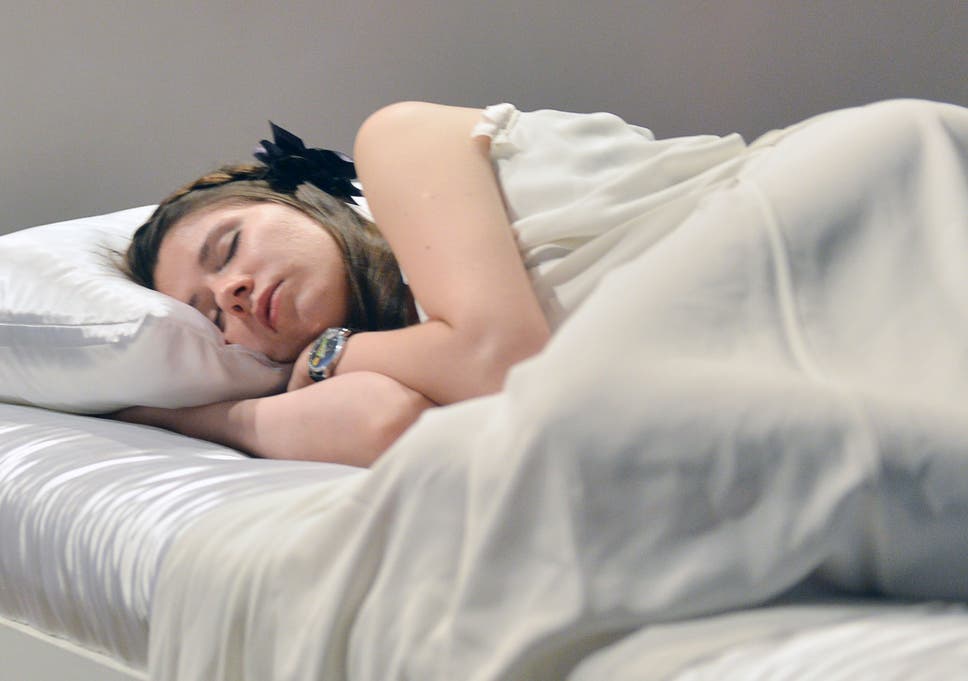Below are the recommended sleep times for different age groups as reported in the Independent newspaper article:
Newborns (0 - 3 months): 14-17 hours per day
Infants (4 - 11 months): 12-15 hours per day
Toddlers (1 - 2 years): 11-14 hours per day
Pre-school children (3 - 5 years) 10-13 hours per day
School age children (6 -13 years) 9-11 hours per day
Teenagers (14 - 17 years) 8-10 hours per day
Younger adults (18 - 25 years) 7-9 hours per day
Adults (26 - 64): 7 - 9 hours per day
Older adults (65 years+) 7-8 hours per day

Childmind.org has run a series of article about the importance of sleep and sleep patterns for adolescents. I have picked out two articles that I think are worth you taking a look at. The first is about why teenagers are sleep deprived. Here is the worrying conclusion to this article
"With more than half of American teenagers living with chronic sleep deprivation, parents and teachers tend to overlook the profound effects it has on kids’ physical, mental and behavioral health. The sleep deficit is not in fact, a normal part of being a teenager. It’s part of an invisible epidemic that we need to start addressing."
The second article is about the consequences of not getting enough sleep. The article raises the question that perhaps the teenage angst, stress depression, and anxiety that we are seeing today is not normal and is partially the result of sleep deprivation.
We know that the radical changes that occur in adolescence, including tremendous hormonal shifts and significant brain development, affect teenage behavior. But the physical, mental and behavioral consequences of chronic sleep deprivation are profound, too. With studies showing that 60 to 70% of American teens live with a borderline to severe sleep debt, we need to know how going without their recommended (optimal) nine hours a night affects them."
"Arne Duncan, US Secretary of State for Education, tweeted in 2013: ‘let teens sleep, start school later’. This paper examines early starts and their negative consequences in the light of key research in the last 30 years in sleep medicine and circadian neuroscience. An overview of the circadian timing system in adolescence leading to changes in sleep patterns is given and underpins the conclusion that altering education times can both improve learning and reduce health risks. Further research is considered from education, sleep medicine and neuroscience studies illustrating these improvements. The implementation of later starts is briefly considered in light of other education interventions to improve learning. Finally, the impact of introducing research-based later starts synchronized to adolescent biology is considered in practical and policy terms."
Here at ISHCMC over the past five years, we have done several things to address the importance of student sleep, most importantly moving the school day fro a 7:25 start to an 8:50 start in secondary. But we must not be complacent as there are still questions we have to ask ourselves about the pressures that students feel to work late on homework as they move up through the school, student time management skills and the use of technology and screen time late at night.

No comments:
Post a Comment